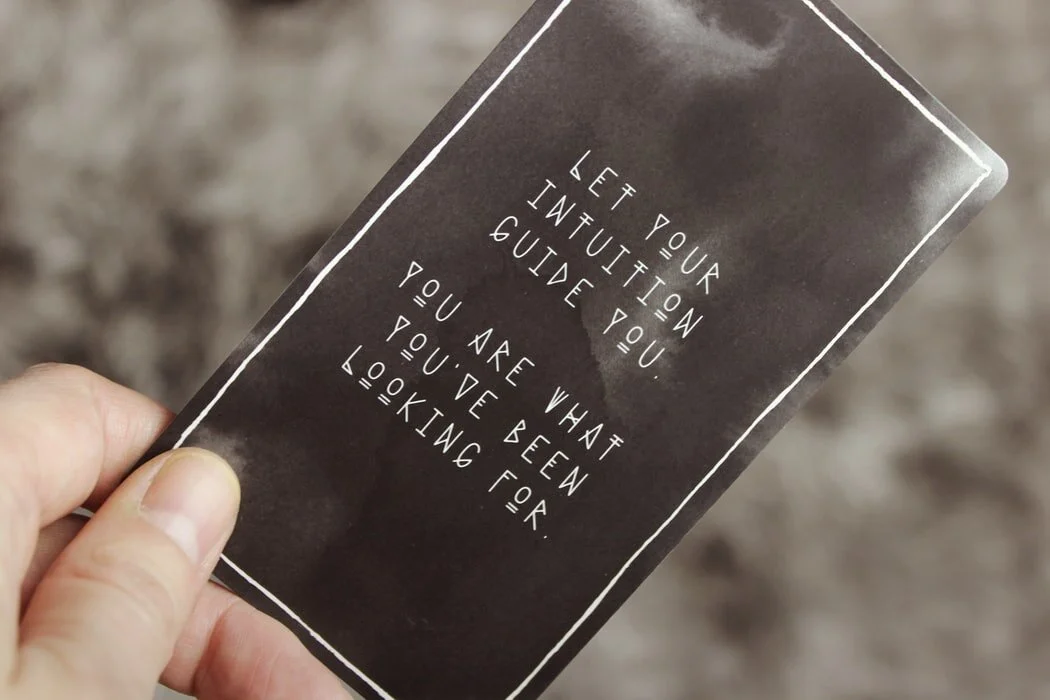A Counsellor’s Role
There are many individuals who come to counselling with the idea that counsellors are ready and willing to advise their clients about how to think, feel, and act. For many, their first session is surprising when they recognize that their counsellor’s work is in fact not what they had expected. Here is short list of what a counsellor’s job looks like:
Building Relationship
Often, the first counselling session is more of an introduction, or a meeting between the counsellor and the client. This session is where the counsellor works to inform the client of what to expect within their counselling process, and then a deeper understanding of the client’s presenting issues can be explored. Sometimes, a plan for the client’s upcoming process is proposed and the client and counsellor can adjust it as needed over the course of their work together.
Methodology, or Approach
Since the first method that Freud created known as “Psychoanalysis”, there have been more modalities that have been created and applied. Most counsellors adopt specific methodologies that they feel would be useful for clients. Approaches are often paired with complimentary methods to allow for the most effective outcome. Some of the most commonly used methods include Humanistic methods of counselling, and Cognitive Behavioural Therapy (CBT), and Emotionally Focused Therapy to name a few.
Before attending counselling, look into what you feel might work best for you. For example, those who are interested in exploring the body may be more interested in sensorimotor psychotherapy or somatic experiencing, while those who are looking to alter thought patterns from a more analytical perspective may find more benefit from a counsellor who uses CBT. Finding a counsellor who provides several different modalities that interest you would likely allow for an effective therapeutic experience.
Collaborative Work
The ideal working alliance includes collaboration between the counsellor and the client. Often, people look at counsellors as the experts and wait for the session to be directed by the professional. While this is appropriate in certain situations, a client directed session is just as valuable to the process. Ultimately, you know what you need better than anyone else.
Advice
Counsellors are not advisors. Rather, health professionals provide tools for clients to work with in making their own decisions. The only time where advice is permitted is during serious or critical situations, and some counsellors are still cautious in such circumstances. Ever heard the Chinese proverb, “Give a person a fish and you feed them for a day. Teach a person to fish, and you feed them for a lifetime”? Well, advice giving would look more like giving your client a fish, whereas working through the process and providing the client with resources is more like teaching the client to fish.
Goals and Termination
Once the client and counsellor feel as though goals have been achieved or the initial presenting issues are resolved or better understood and the client feels fulfilled in their process, termination of sessions occurs and closure of the working relationship from both sides is acknowledged.
Understanding the process and a counsellor’s role is useful for people to understand when entertaining the idea of engaging in a working alliance with a counsellor. Finding the right fit is important, and ensuring that you feel supported and safe is the beginning of a process that engages your cognitive processes, emotional self and for some processes, body-work. Whether there is an issue or you are looking for a place to practice self-care, understanding the role of your counsellor and asking questions will help you to set realistic expectations and understand outcomes.
For more information, or if you have any questions, please feel free to be in touch!

